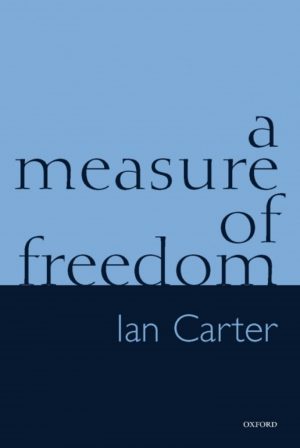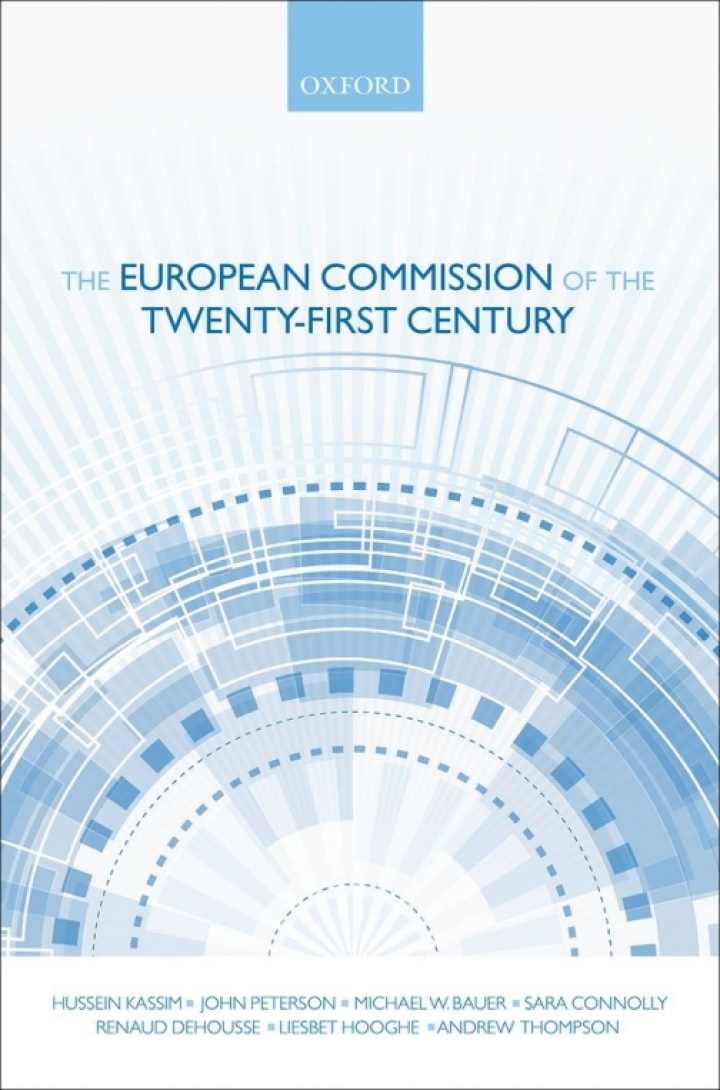The European Commission of the Twenty-First Century
$42.25
Attention: This is just ebook, Access Codes or any other Supplements excluded! / File Delivery: Sent Via Email within 24 hours!
SKU: adaf47e1b4fd
Category: Law Textbooks
Description
-
Author(s)Hussein Kassim; John Peterson; Michael W. Bauer; Sara Connolly; Renaud Dehousse; Liesbet Hooghe; And
-
PublisherOUP Oxford
-
FormatPDF
-
Print ISBN
9780199599523, 0199599521 -
eText ISBN
9780199599523, 0199599521 -
Edition
-
Copyright
- Details
The European Commission is arguably the world’s most powerful international administration. It plays a central role in the political system of the European Union. The Commission is a permanent presence in the life of the member states, but its influence is felt far beyond their borders. Viewed historically as the motor of European integration, the Commission is the subject of intense controversy. It is portrayed frequently as technocratic, monolithic, and unaccountable, but also as fragmented and weakly led. According to accepted wisdom, it is populated by career bureaucrats, who want only to expand the competencies of the Union and therefore their own power. This book tests these views. It asks: Who are the people who work for the organization? What are their educational and professional backgrounds? What do officials believe about the role of the Commission in the EU today and whether the Union should have more or less power? What leads them to choose to pursue a career in the Commission, and how do they navigate its complexities? How does the Barroso Commission compare to previous Commissions? How harmonious are relations between cabinets and the services? What has been the impact on the Commission of reform and of the ‘big bang’ enlargement? Co-authored by an international team of researchers, this book draws on original data from the largest attitudinal survey ever conducted by independent researchers inside the Commission, as well as a structured programme of interviews with senior officials. It provides an authoritative account of the European Commission of the twenty-first century.
Related products
-

A Measure of Freedom
Rated 0 out of 5$29.25 Add to cart -

Challenges for Humanitarian Intervention 1st Edition Ethical Demand and Political Reality
Rated 0 out of 5$27.62 Add to cart -

Challenging Acts of International Organizations Before National Courts 1st Edition
Rated 0 out of 5$43.88 Add to cart -

Blackstone’s Guide to the Proceeds of Crime Act 2002 5th Edition
Rated 0 out of 5$34.12 Add to cart

